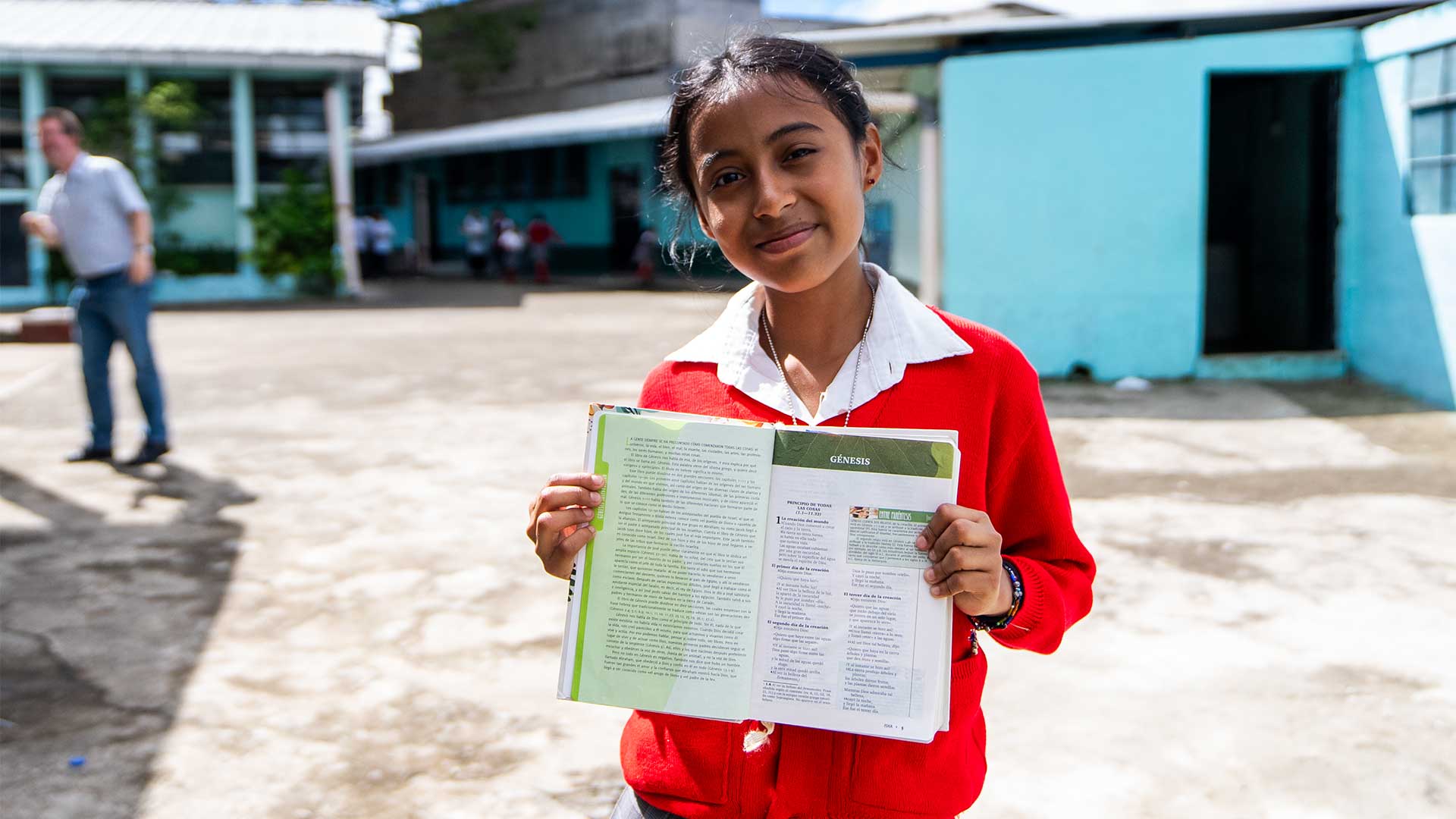Author: Mark Woods, 21 December 2020
‘Christmas is cancelled’, the headlines say. We know what they mean.
People who’ve been told they’re in Tier 4 will be coming to terms with severe restrictions on what they can do and whom they can see. Many more of us will be facing a very different Christmas than we thought, with our choices far more limited and more painful. Perhaps for some it won’t be too much of a trial. For many, it will be agonisingly difficult.
Added to this natural distress at the thought of not being able to spend time with those we love is the worry that springs from the implications of what’s happening. We rejoiced at the news of vaccines just a couple of weeks ago. At last, we thought, things are under control. Perhaps that might still prove to be true. But the latest news has thrown us back into a state of fearful doubt. The wards are filling up again, or full. We still have reserves – the unused Nightingale hospitals, for instance, and far more knowledge about the disease than we had before. Still, though: the solid ground on which we thought we stood has once more shifted, and we’re scared again.
What, if anything, does the Bible have to say in a situation like this?
Psalm 46 is a song of faith, set in the context of a world that’s falling apart. The psalmist writes of the mountains falling into the ocean, the sea raging and the hills trembling. The political and social world fares no better than the physical: nations are terrified, kingdoms are shaken. The earth dissolves.
Words like these challenge our easy assumption that we’ll always find a solution to every problem. The last hundred years have been a time of extraordinary progress. Advances in medicine, science and technology, and perhaps above all in communication, have transformed the world. They’ve led to a sense that nothing is beyond our capabilities; that whatever the hole we find ourselves in, someone will pull us out.
We should hope and pray that this is true. But at the heart of the biblical vision of the world is not human ingenuity but divine grace. The world endures because God sustains it. At one level, the earth is far more fragile than we imagine. Reading the opening chapter of Genesis, we can picture it as a little bubble of order blown out of a vast, heaving chaos. If one day follows another, it’s because God wishes it so. And in the human, social world, we have no right to assume that our lives will follow a course that we can understand or plan (James 4.13–15). The Bible is full of examples of people who thought they knew what tomorrow would bring, and found they were wrong. James tells us that we’re ‘like a puff of smoke, which appears for a moment and then disappears’.
But this biblical vision is profoundly hopeful, too. Yes, the world is fragile; no, we can’t really plan our lives, and we’re far closer to chaos and catastrophe than we would like to think. We know that now, if we didn’t before. But elsewhere in the Psalms, this fragility is a cause of triumphant rejoicing. Psalm 104 is a great creation hymn. Verse 5 says, ‘You have set the earth on its foundations, and it will never be moved.’ God overrules chaos: divine grace is aligned with divine power.
And this is the thought in Psalm 46, too: ‘The LORD Almighty is with us; the God of Jacob is our refuge' (7,11). It’s not that terrible things don’t happen. In the Bible there are wars and plagues; there are famines, when the rain doesn’t fall or when locusts eat crops. People do terrible things to each other, or they just get ill and die. God’s people go into exile from their home, an experience that’s perhaps not too unlike what many of us are feeling today. They experience all the fragility of the physical and the human world: ‘the earth dissolves’. But under all this there is a deep sense that God is with them anyway. He cares for them deeply and will never abandon them.
So if we think the Bible offers us a guarantee that nothing bad will happen to us, we've missed the point. We are responsible both for our stewardship of creation and for our care of one another. When we fail at these, there are consequences. But the Bible teaches us that God's care for his creation is eternal. Our destiny isn't ultimately in our hands, but in his. We are loved with an everlasting love.
So talk about Christmas being cancelled, while it's understandable, is misplaced. Christmas isn't just a celebration: it's God coming into his creation in Jesus Christ, who ‘reflects the brightness of God's glory and is the exact likeness of God's own being, sustaining the universe with his powerful word’ (Hebrews 3.3). Yes, the world is fragile; no, we are not in control. But the Bible doesn't teach us despair; it teaches us hope. God's purpose for us is not death, but life.
We have painful lessons to learn and hard roads to tread, but ‘The LORD Almighty is with us; the God of Jacob is our refuge.’
Share this:

Running Romans: What is Bible Society’s new course actually like?


Change a child's life with the Bible